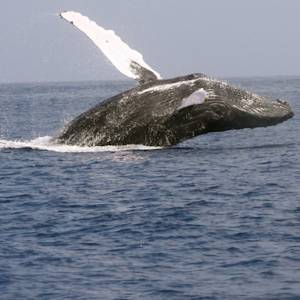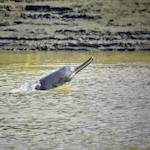Baikal seal
2023 CE • Lake Baikal
The Baikal seal "named after its home Lake Baikal, is the only true freshwater seal in the world . . . [I]t is thought that seals reached Lake Baikal by traveling up river and drainage systems that ran from the lake to the Arctic Ocean during the Pleistocene era, around 400,000 years ago . . . Changes in waterways and the physical geography of this region since the Pleistocene era mean that Baikal seals are now confined to Lake Baikal and its tributaries." Today "climate change is one of the number one threats facing Baikal seals. Surface temperatures of Lake Baikal have increased by almost 1.5°C/2.7°F in the last 50 years alone, which means a shorter ice period during the winter and potential changes in prey species that can survive in these warmer waters . . . Humans are also a threat to these little seals, with many of them still hunted for food and materials. Archaeological records suggest that seals have been harvested in this region for thousands of years. At one time there was a commercial harvest for Baikal seals, which allowed up to 9,000 seals to be commercially hunted, however this was terminated in 1980. Today, seals are still hunted by individuals for their meat, blubber, pelts, etc. and are often caught unintentionally during fishing efforts, resulting in an estimated mortality of 3,000-4,000 seals per year."
"Marine Mammal Highlights: Baikal Seals," Pacific Mammal Research.
Image: Nina Zhavoronkova, CC BY-SA 4.0, via Wikimedia Commons
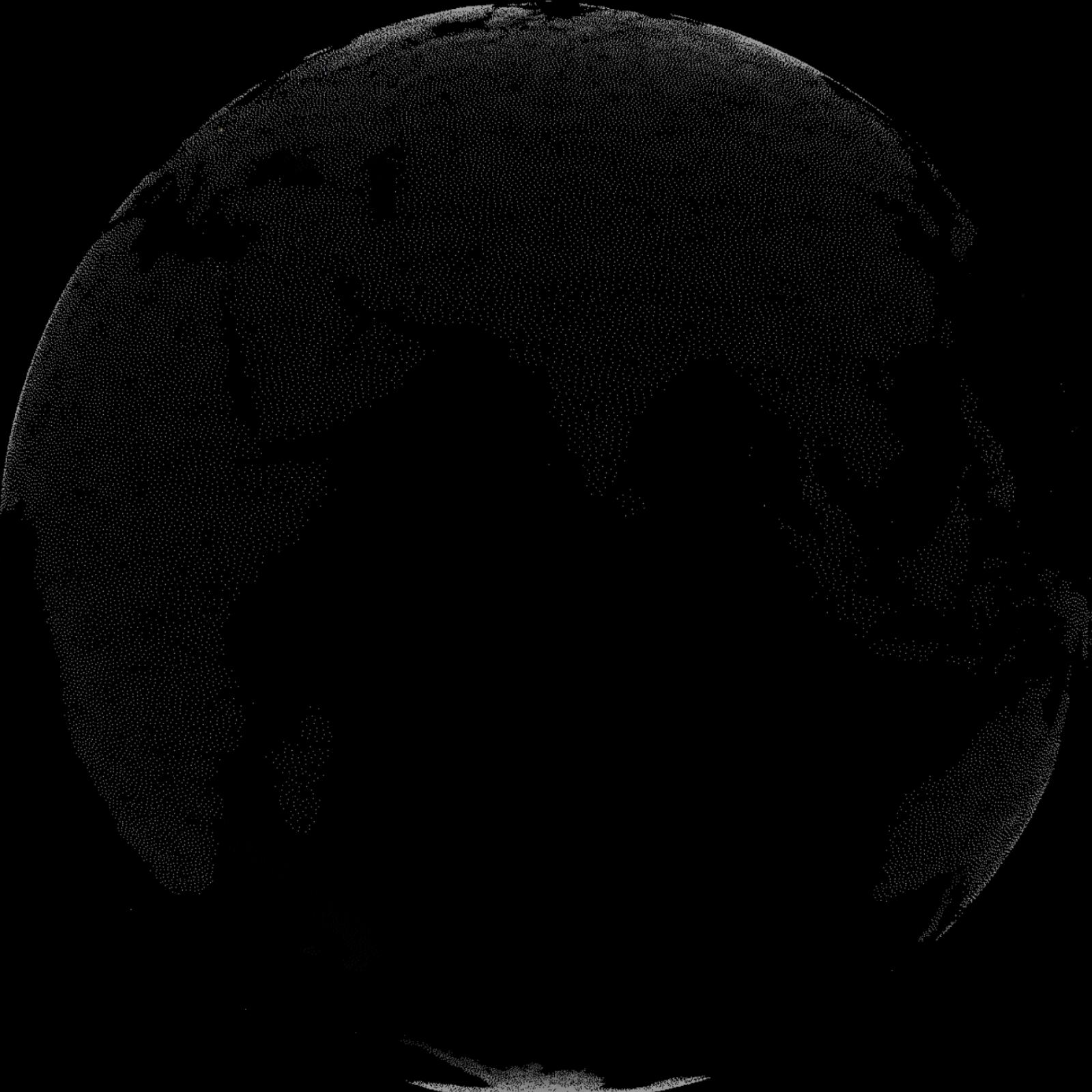

Learn about Maya Lin’s fifth and final memorial: a multi-platform science based artwork that presents an ecological history of our world - past, present, and future.

Discover ecological histories and stories of former abundance, loss, and recovery on the map of memory.
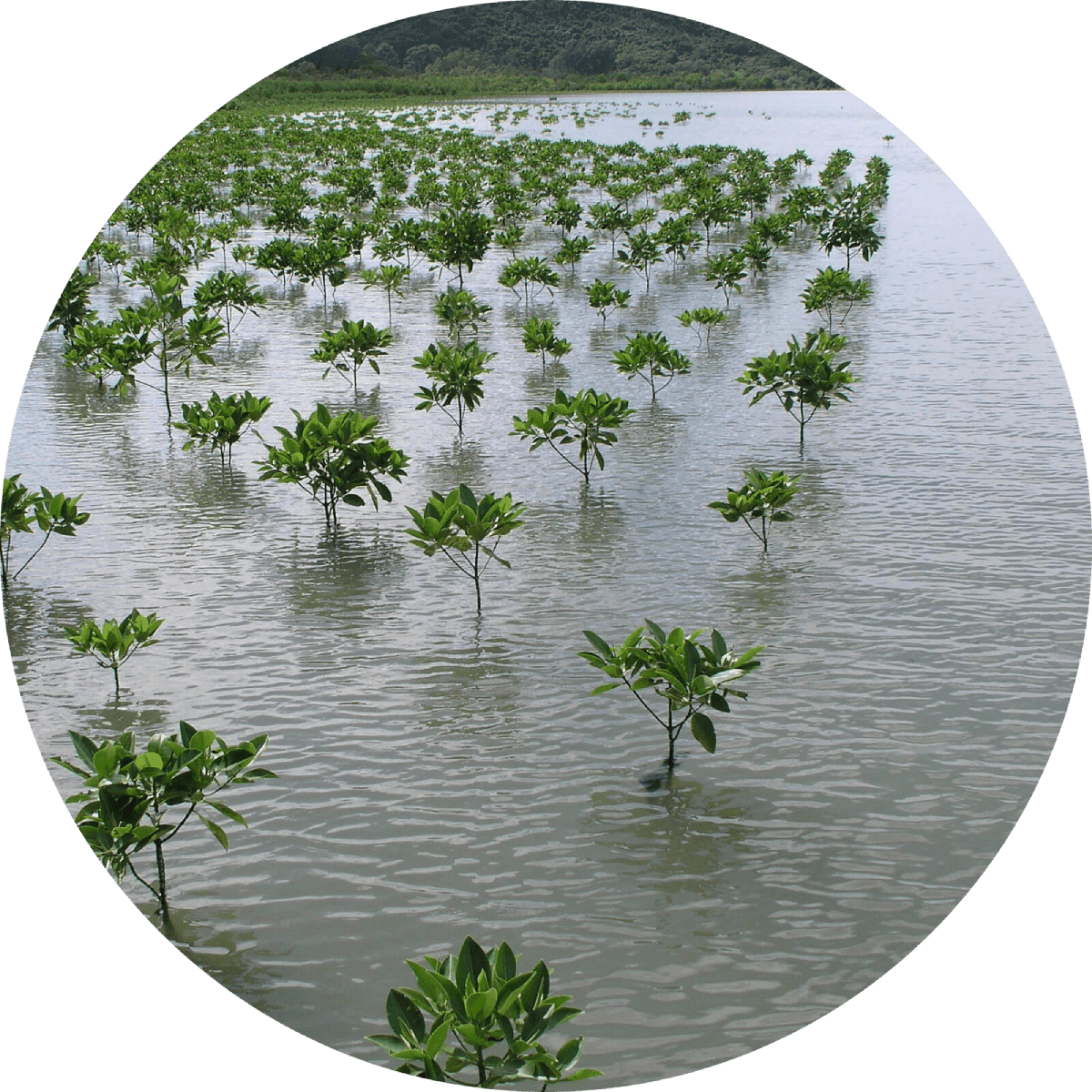
Learn how we can reduce our emissions and protect and restore species and habitats – around the world.

See how art can help us rethink the problems we face, and give us hope that each one of us can make a difference.
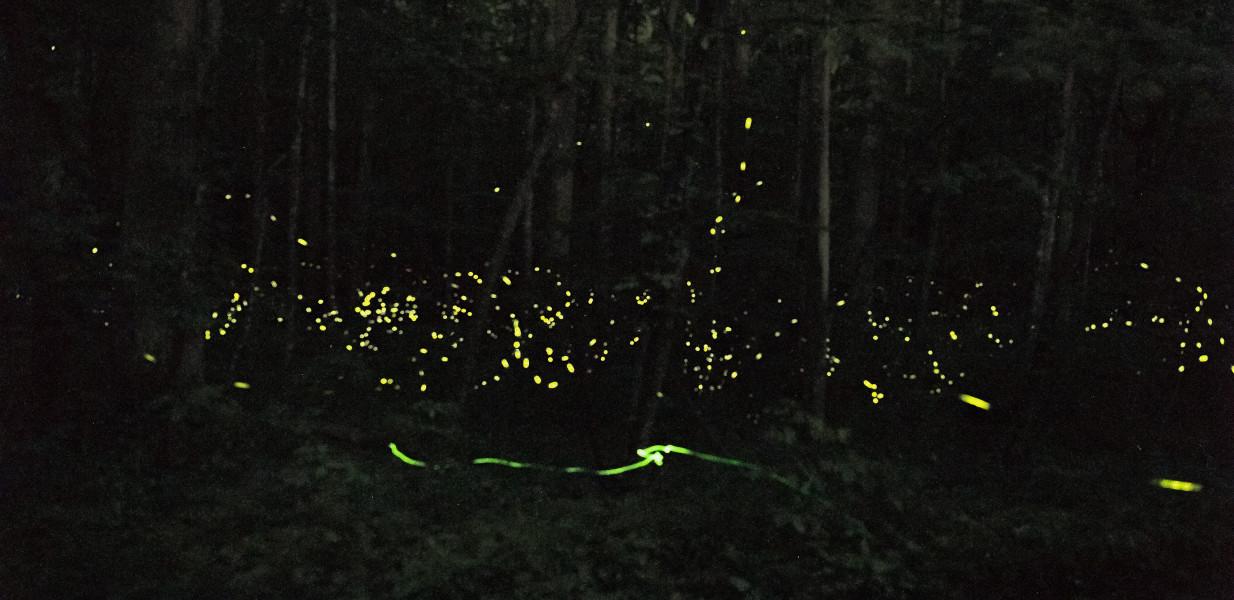
Help make a global memorial something personal and close to home. Share your stories of the natural world.
